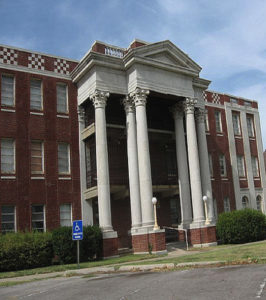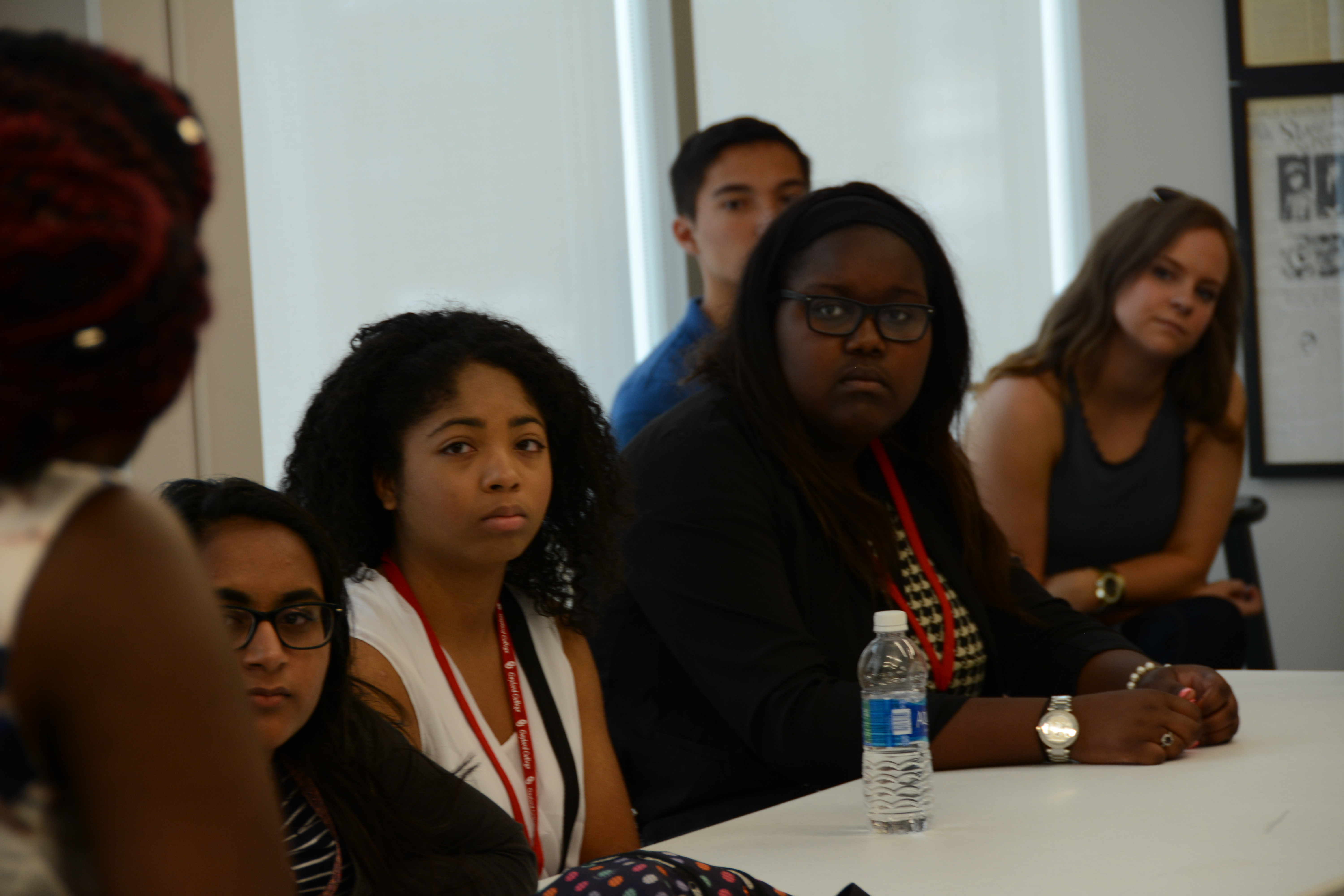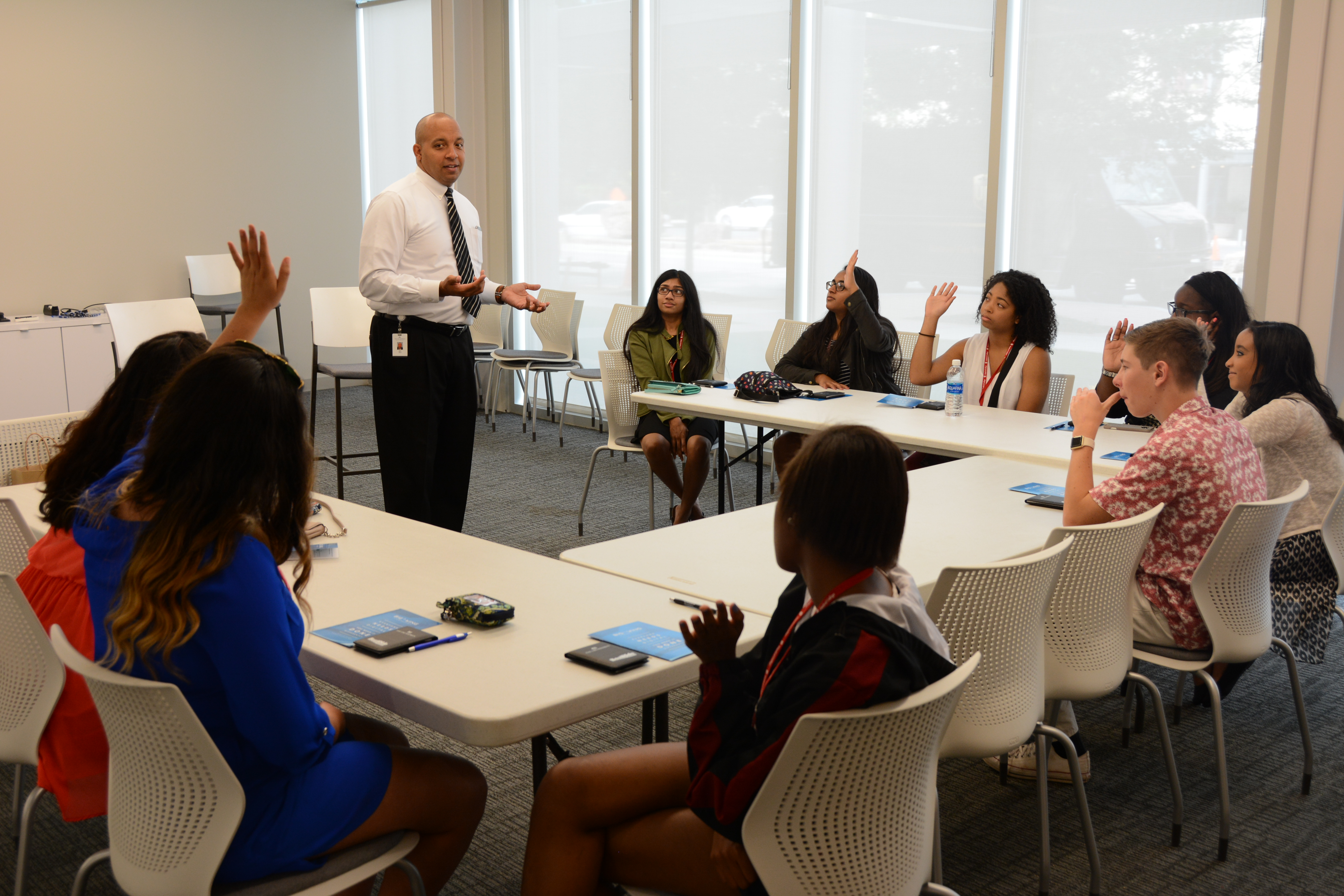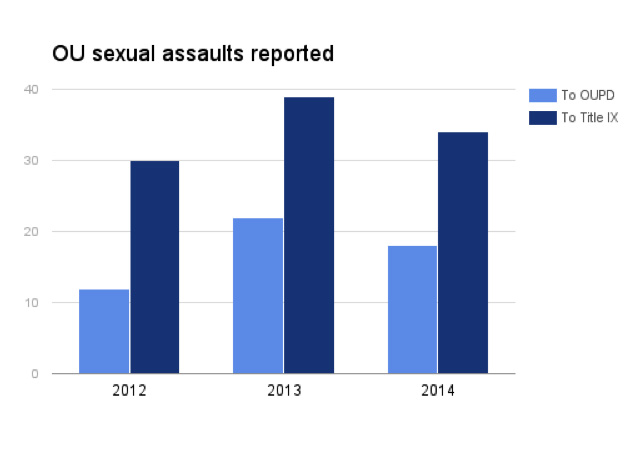Due to state budget cuts, Oklahomans with mental health problems face a shortage of bed space and health care.
According to a study by the Department of Corrections in 2006, 11,739 out of 24,000 offenders have a mental health problem, and about 67-percent of these people will be re-incarcerated within six months of release if not treated properly.
“What happens is that many of the people that aren’t getting treatment in our state have done something in the community that’s a danger to themselves or others and their only means of getting treatment is through the back of a police car and that’s just wrong,” said Jeff Dismukes, the Public Information Director of the Oklahoma Department of Mental Health and Substance Abuse Services.
“Because of their illness and their lack of treatment, they become engaged with the criminal justice system and they end up in jail, and there are simply no other treatment options out there,” Dismukes added.
Dismukes says that the lack of funding is the primary reason people are unable to get the health care they need.
“The door to get into treatment services is already very narrow, without appropriate resources and fewer resources every year and a growing demand, that door keeps shrinking,” Dismukes said. “That door is just becoming that much more narrow, and people right now with these illnesses have to be seriously ill to get those services.”

JD Baker, a junior at the University of Oklahoma and the co-founder of ‘OUr Mental Health’, lamented the reduction of mental health services for college students.
“I know some students who have had to go into treatment facilities temporarily to receive treatment in the middle of the school year,” Baker said. “If it went from being one student a year to even three or four students, if those beds are not available, if that treatment facility does not have space for those students, then that can drastically effect their lives, the people around them, as well as community life.”
The mental health department needed $27 million from the state to maintain its services in 2016, but did not receive adequate funding. Because of this, Dismukes said about 73,000 Oklahomans will lose these key health services.
“If the funding and the beds and the resources aren’t keeping up with that growing need, then it just expounds upon itself,” said Brent Barbour, a lieutenant of the Norman Police Department.
Norman police have a strong relationship with the mental health department through Lt. Cary Bryant, who acts as a “liaison” by attending meetings and keeping lines of communication open.
“We really work hand-in-hand with them especially at the hospital,” Barbour said. “Our goals are the same, to keep the people safe and get them a long-term solution.”
Barbour said Norman Police strive to connect people suffering with mental health problems to the best possible treatment and services.
Barbour also said that despite these efforts, those in a mental health crisis are stabilized by the hospital then “pushed on out” to make room for other patients, so they do not receive the long-term health care they need.
“We have the state hospital here so we’re able to house them, but what ends up happening is if we don’t have room here, we have to transport them to another facility in the state,” Barbour said, referring to Griffin Memorial Hospital.
Barbour said many people who do not have a support system, financially or with family, cannot afford long term treatment and have ongoing problems.
“A lot of our people in society have a good family support system, or good insurance and doctors and they are able to seek that. But a lot of the people that we deal with don’t (have these services), their family community is non-existent or is more troublesome than anything,” Barbour said. “Then, those folks have to rely on the state system and us in order to get that help.”
Over 900,000 Oklahomans — nearly 1 in 4 — have a mental illness or addiction issue and are in need of treatment, according to Dismukes.
Less than 40 percent of them are receiving the treatment they need.
“They look at who has the greatest need right now: who is a danger to themselves, who is a danger to others, who has reached that critical point in their illness to where their options are basically court ordered,” Dismukes said. “Only the very, very ill that meet the top criteria, we’ll be able to serve.”
Barbour expanded on that subject.
“The end goal is to get them through the cycle and making sure their immediate needs are met, medically and physically, to make sure they’re safe and then pushing that forward to a long term solution and hopefully getting them some stability,” Barbour said.
Baker believes it is important to change how those who suffer from mental illness view themselves and the broader stigmas of mental illness.
“Every single life matters when it comes to mental illness,” Baker said. “Mental health is another public health issue that we have to address. And if it’s not addressed, then we all are in danger.”





